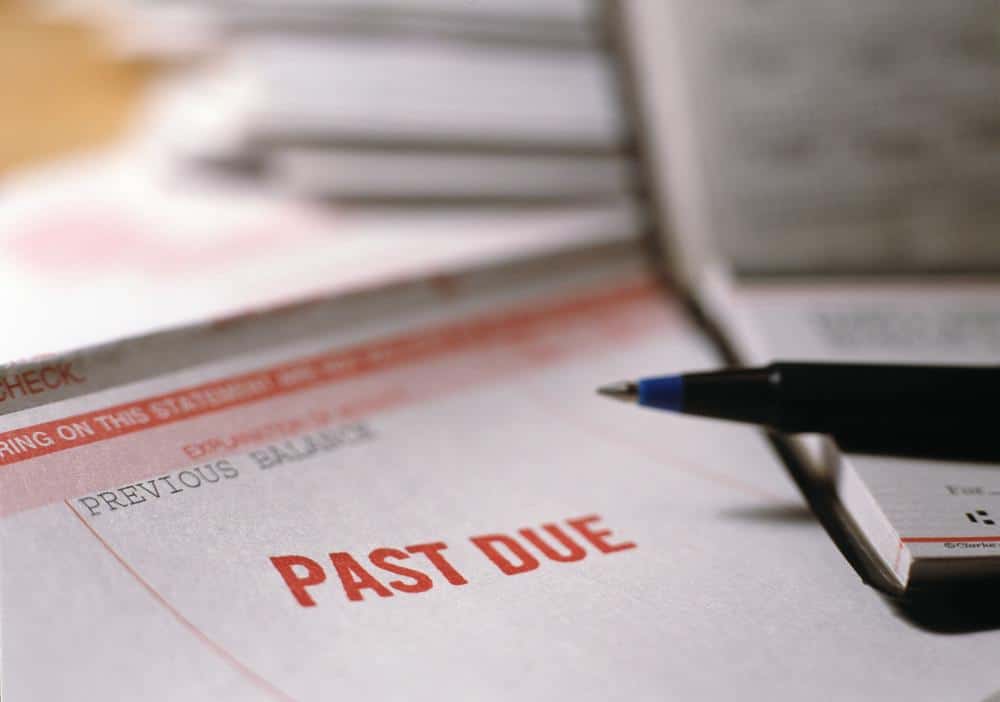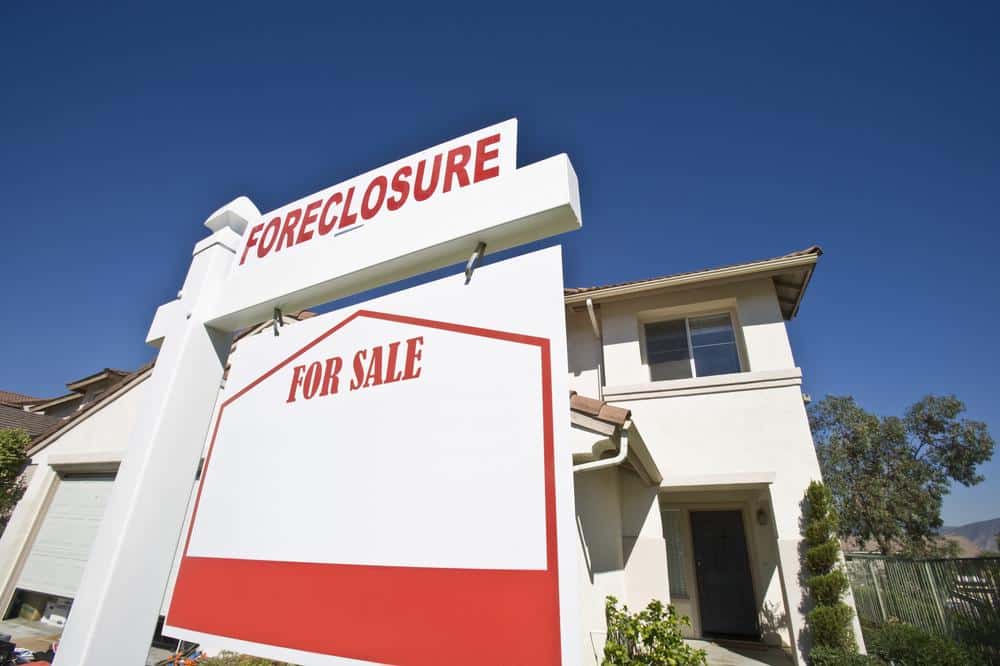Private loan foreclosures are probably not something you think about when looking for a private money loan. However, with any loan you consider, it is vital to consider every potential issue that could arise in the future. Foreclosure is a legal process whereby the lender takes back possession of the property used as collateral for the loan. Sometimes, the lender may sell the property to repay the outstanding debt.
There are two types of foreclosures, classified as judicial and non-judicial. It is vital to remember that private lenders are business owners with the goal of making money. Foreclosure is not their goal. A private lender makes money originating loans to collect monthly payments, fees, and so on from you. Foreclosures are costly and are typically the last resort for a lender.
Loan Considerations
Before you take on any loan, whether a conventional or a private loan, it is essential to consider all of the associated risks. Risks of private loans can include the following:
- Your financial ability to repay the loan
- Loan conditions that differ from those found in regular banking
- Your rights as a borrower and the protections available to you
Before we go further, it is essential to know that private lenders are not interested in taking your property away. When you borrow money, you create risk for both yourself in paying the loan back and for the private lender in that they are loaning you money they expect to be paid back with interest. Fees and interest are the primary ways a private lender makes money. They can also make money in other ways; however, their goal is to service your loan for as long as possible in exchange for fees and interest. Alternatively, private lenders have a fiduciary obligation to protect the collateral of their private investors. Therefore, they are obligated to take action quickly if you violate your loan terms.
When going over private loan terms that might lead to property foreclosure, keep in mind that in private money lending, everything is negotiable, each lender’s terms may differ and are subject to change based on your financial history and your relationship with the private lender.

Private Lenders’ Reasons for Foreclosure
The following are some instances of conditions that may lead to foreclosure. Others might exist based on the terms of the loan agreement. Always read contracts thoroughly and speak with an experienced real estate attorney if you have any questions.
Late Payments
The most typical reason for a private money foreclosure is failure to make the loan payments as specified in your promissory note. These payments include balloon payments. In addition, some short-term loans may not have monthly payments, instead making the total debt payable on the loan’s maturity date.
Unmaintained Covenants
Some loan conditions allow the lender to examine the borrower’s financial situation. These often depend on several non-monetary covenants spelled out in the loan terms. If these covenants fall outside of what has been agreed upon with the lender, the lender has the option to “call the loan due.” If you fail to pay, the lender will start the foreclosure process.
Illegal Transfer of Property
You have performed an illegal transfer if you transfer the property deed to another person or business without the lender’s authorization. Regardless of the maturity date, if this occurs, the lender has the legal right to call the loan due. This is sometimes referred to as a “due-on-sale” provision. Therefore, when a property is transferred, lenders consider it a “sale,” regardless of whether money changes hands.
Second Mortgages
Before adding a second mortgage, many private lenders will require that you acquire approval. If the borrower’s financial status changes, junior financing reduces the borrower’s capacity to repay the primary loan.

What Occurs in Private Money Loan Foreclosures?
Depending on the loan conditions and applicable restrictions, the foreclosure process of a property may vary substantially for each private lender. Additionally, regulations vary by state and are determined by the property location rather than the location of the private lender or borrower. Before entering into a loan agreement with a private lender, be aware of your rights and the available safeguards. Learn about personal guarantees and trustee sale guarantees as well.
The foreclosure process is determined by whether a mortgage or a trust deed secures the loan. The state where the property is located may permit both forms of documentation, allowing a private lender to select what they want to offer. However, trust deeds are often more popular in private financing since they have fewer foreclosure regulations.
Judicial Loan Foreclosure and Mortgages
The court system oversees mortgage foreclosure in a procedure known as judicial foreclosure. This is where the lender may file suit against the borrower.
If a borrower fails to make mortgage payments, the lender can send a letter of intent to foreclose. Once the letter of intent is sent to the borrower, the lender must file a lawsuit with the court system and give notice to the borrower with a summons. If the borrower contests the foreclosure, a court-ordered hearing will occur, and the judge will decide whether or not to proceed with the foreclosure. If the judge decides in the lender’s favor, a judgment will be ordered to sell the property to pay the outstanding loan. In addition, if the foreclosure auction does not bring in enough money to satisfy the note, the lender has the right to file a lawsuit against the borrower for the outstanding sum.
A judicial foreclosure also safeguards the borrower. In some states, the borrower has a “right of redemption.” This allows the borrower to repay the lender and regain title to the property before it is sold. The right of redemption rule varies by state. A judicial foreclosure is a lengthy and expensive process, which can take anywhere from 6 months to 3 years.
Even if a trust deed was employed as the security instrument, lenders in some states might choose to undertake a judicial foreclosure to keep the possibility of a deficiency judgment. Regardless, many private money lenders favor the less costly non-judicial approach. This is another reason why trust deed states have more lenders.

Non-Judicial Loan Foreclosure and Trust Deeds
The lender can foreclose in a non-judicial foreclosure state without going through the court system. The deed of trust, the security agreement used to purchase the property in non-judicial jurisdictions, permits a trustee to foreclose on the property if the borrower fails to pay the loan.
The property’s state governs the needed milestones for the foreclosure procedure, including how much notice a lender must provide a borrower. This gives the borrower time to pay any monies owed to reinstate their loan. However, if the borrower is unable to get caught up and they are unable to negotiate a repayment plan with the lender, they will be served with a notice of intent to sell the property. Rather than court-appointed officers, a lender-appointed trustee often conducts these transactions at the courthouse steps.

In Closing
Every lender hopes that when they make a loan, the borrower will make all of the required payments and then pay off the loan in full when it matures. Unfortunately, that isn’t always the case. There are several reasons why a borrower might default on a loan, ranging from job loss to personal financial problems. When a borrower defaults on a loan, the lender may take steps to collect the money owed, up to and including foreclosure. While foreclosure is often seen as a last resort, it may be necessary to protect the lender’s interests. For more information on hard and private money and loan software, contact Liquid Logics. Our Cloud-based software is easy to use, secure, customizable, and built with the lender and borrower in mind.

